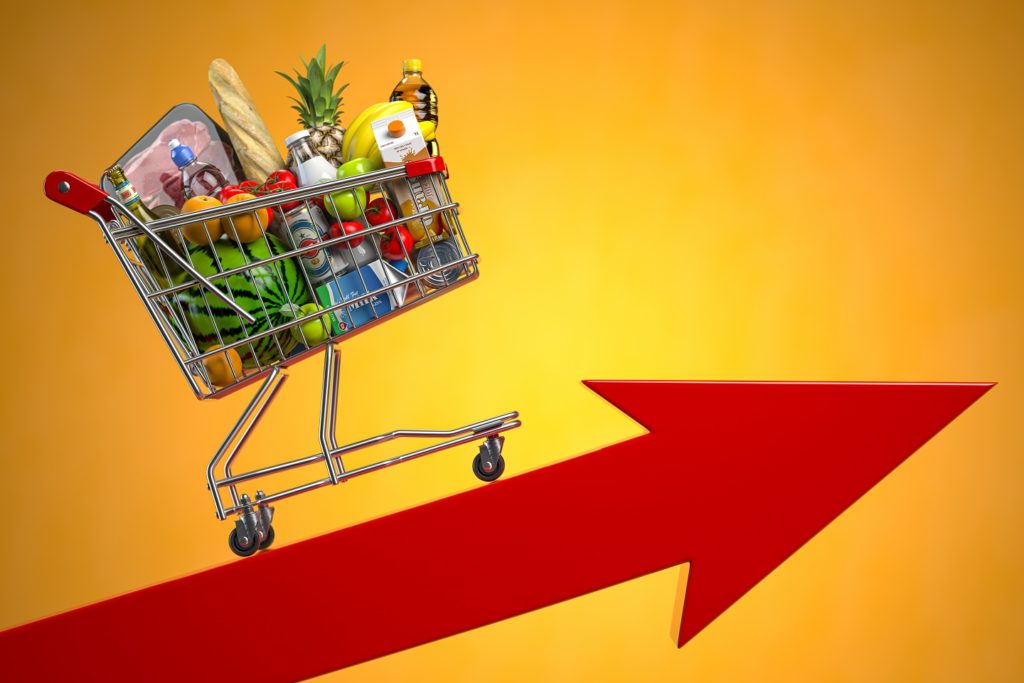Previous post suggested It’s time to start monitoring inflation. The dramatic increase in inflation rate in March and April 2021 suggests we need to be watching the inflation numbers more closely.
Not only does this help us generally understand what is going on around us, but specifically it helps us understand and interpret our clients’ financial results as we provide audit and review services.
A few articles I have found helpful in the recent weeks providing context on the inflation environment:
5/5/21 – Wall Street Journal – Everything Screams Inflation – Columnist senses a possible shifting point from the low inflation we have seen for a very long time, going back to a sustained period of high inflation.
He cites five general trends which point towards years of high inflation:
- Several Central banks aren’t as worried about inflation has before, not just the US Federal Reserve.
- The political environment has shifted even more to spend now/pay later, going beyond even what was several years ago.
- Globalization, which put downward pressure on prices, is not as popular anywhere now.
- Population of China seems to be leveling out and the US is seen the slowest operation growth in 80 years. Smaller increase in available labor will put upward pressure on prices.
- Unions are gaining power under the current administration, which will put increased upwards pressure on wages.
Note this article was posted before the horrid inflation numbers (up 0.9% for the month) were announced in May.
5/14/21 – Washington Examiner – Inflation accelerated faster than expected, says Obama economist Lawrence Summers – Secretary of the Treasury under President Clinton and senior economic advisor to Pres. Obama says inflation is accelerating even faster than he had expected. Primary places the increases are being seen his housing, labor, and medical services. Downside and that comment is labor is a major component in every part of the economy and every factor that feeds into the CPI calculation.
The Federal Reserve thinks the run-up in the inflation rate is temporary and will slow down after the recession ends.
Secretary Summers is concerned that once inflation gets going it’s very painful to stop.
5/12/21 – Wall Street Journal – Some, but Not All, of the Price Jump Is Transitory – There was a dramatic increase in the 12 month inflation rate, going from 12 month cumulative of 1.7% at the end of February, up to 2.73% cumulative at the end of March, soaring to 4.4% for the 12 months ended. That is a rapid increase
A large part of the jump in 12 month number is called the “base effect.” There was a 0.4% drop in the CPI in March 2020 followed by a whopping drop of 0.8% in April 2020. Those numbers roll into the 12 month cumulative calculation.
In April 2020 both of those numbers are out of the 12 month calculation. That produces a bit of an exaggerated effect if you want to compare April cumulative with say January or February cumulative.
Article points out that part of the jump in April 2021 is airfares climbing 10% for the month, even though they are down substantially since February 2020. Also, used-car prices jumped 10% in the month. Neither those factors are expected to recur.
So there are a couple of factors that are transitory.
However, the underlying numbers still point towards higher inflation than we have seen in recent years.
